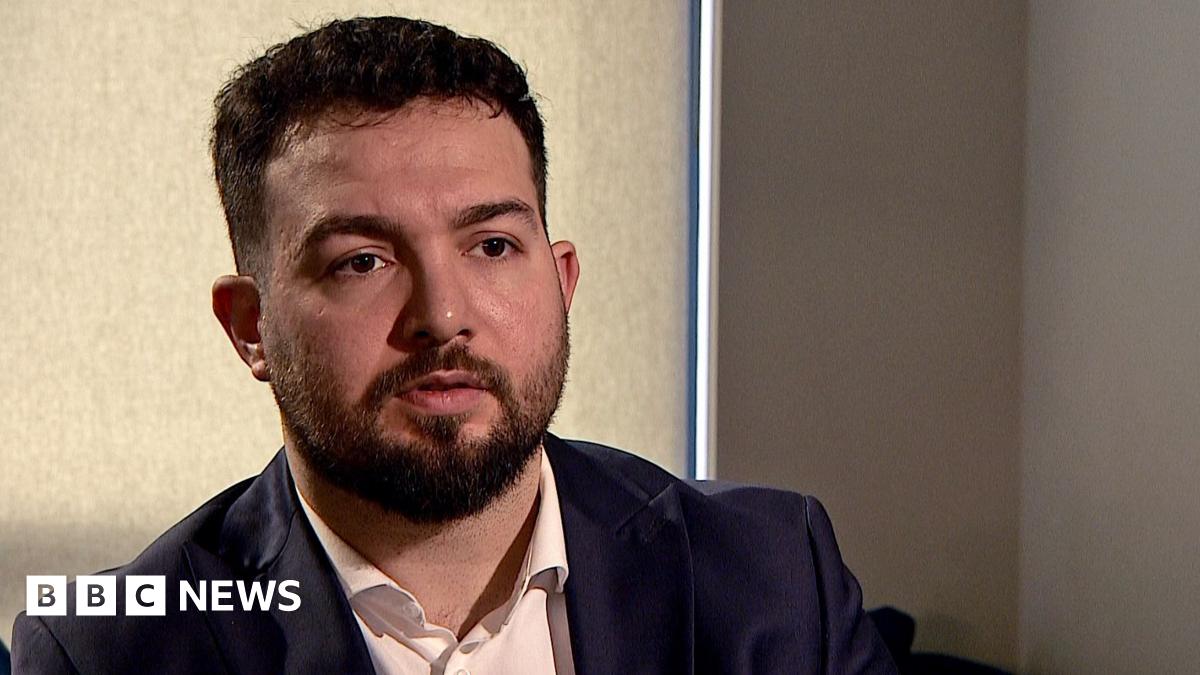Receive free UK interest rates updates
We’ll send you a myFT Daily Digest email rounding up the latest UK interest rates news every morning.
The Bank of England has raised interest rates by 0.25 percentage points to 5.25 per cent and warned that borrowing costs are likely to remain elevated despite slowing inflation.
The central bank’s Monetary Policy Committee voted by six to three on Thursday to take interest rates to a 15-year high, with two members preferring a larger 0.5 percentage point move and one voting to pause.
Most economists had forecast a quarter-point increase after inflation fell to a 15-month low of 7.9 per cent in June.
But the MPC cautioned that “it was too early to conclude that the economy was at or very close to a significant turning point”.
BoE governor Andrew Bailey emphasised that interest rates would need to stay at high levels, saying that “in order to get inflation back to target, we are going to have to keep this stance of policy”.
That raises the prospect of more pain for homeowners in the run-up to the next general election, with shadow chancellor Rachel Reeves claiming that a “Tory mortgage bombshell is hitting families hard”.
The BoE forecasts contained some brighter news for Rishi Sunak, the prime minister, who has promised to halve inflation to 5.4 per cent by the end of the year. The BoE said it could dip below 5 per cent in the fourth quarter.
Jeremy Hunt, chancellor, was also cheered by the BoE’s forecast that a recession would be averted and that inflation could be much lower by the time of the next election, standing at about 3 per cent next August.
Some Tory officials have recently speculated that Sunak might replace Hunt in an expected summer reshuffle, but the chancellor warned against any big change of direction.
“The plan is working,” he said. “But we have to make sure we stick to the plan and we don’t veer around like a shopping trolley.”
Prices in the UK are still rising at a faster pace than in other advanced economies such as the US, Japan and the eurozone.
Sterling slipped and UK government bond yields fell after the BoE move before ending the day little changed. The pound touched a five-week low of $1.2623 shortly after the BoE’s decision but later reversed its losses to trade at $1.2717.
Bailey suggested that rates might be close to their peak, saying repeatedly there was “more than one path” that could bring inflation sustainably back to its target.
The bank’s updated forecasts suggest that whether rates remain at 5.25 per cent or rise further, it will still take until mid-2025 for inflation to fall to the BoE’s 2 per cent target.
The MPC said this was because it now saw evidence of a feedback loop developing between wages and prices, meaning that “some of the risks of greater persistence . . . had crystallised”.
Reiterating its previous guidance, the bank said further tightening of monetary policy would be needed if it saw evidence of more persistent inflationary pressures.
But in new wording, it also said it “would ensure that the bank rate was sufficiently restrictive for sufficiently long to return inflation to the 2 per cent target”.
It said that while the economy had shown “surprising resilience”, higher borrowing costs were now starting to take their toll on activity, with more definite signs emerging of the job market cooling and unemployment starting to rise.
The MPC’s new forecasts — based on higher interest rates and a stronger exchange rate than its May projections — show a weaker path for economic activity, with consumer spending slowing, business investment swinging from growth to contraction in 2024 and housing investment falling sharply.
“The economy has been much more resilient and that is good news,” Bailey said, adding: “We were sitting here last November saying there’s going to be a long, shallow recession . . . That has not transpired.”
The BoE said it expected gross domestic product growth to remain steady at a quarterly pace of 0.2 per cent in the near term, but to weaken as the effects of higher interest rates add up.
It also expects inflation to continue falling in the near term, averaging 6.9 per cent in the third quarter of 2023 and 4.9 per cent over the fourth quarter.
Mortgage borrowers on variable rate deals will be the first to feel the effects of the quarter-point rise, with lenders typically passing on increases to customers after a BoE base rate move. The four-fifths of mortgage borrowers on fixed-rate deals will be insulated.
Additional reporting by James Pickford and Siddharth Venkataramakrishnan
Credit: Source link











